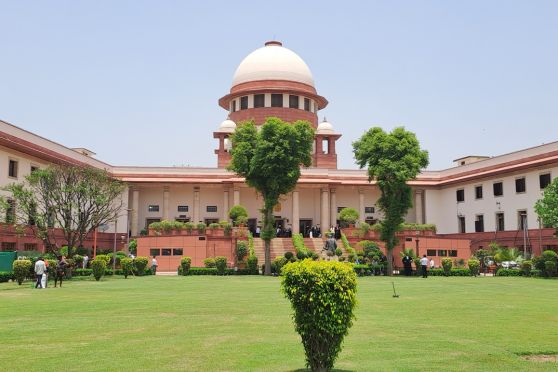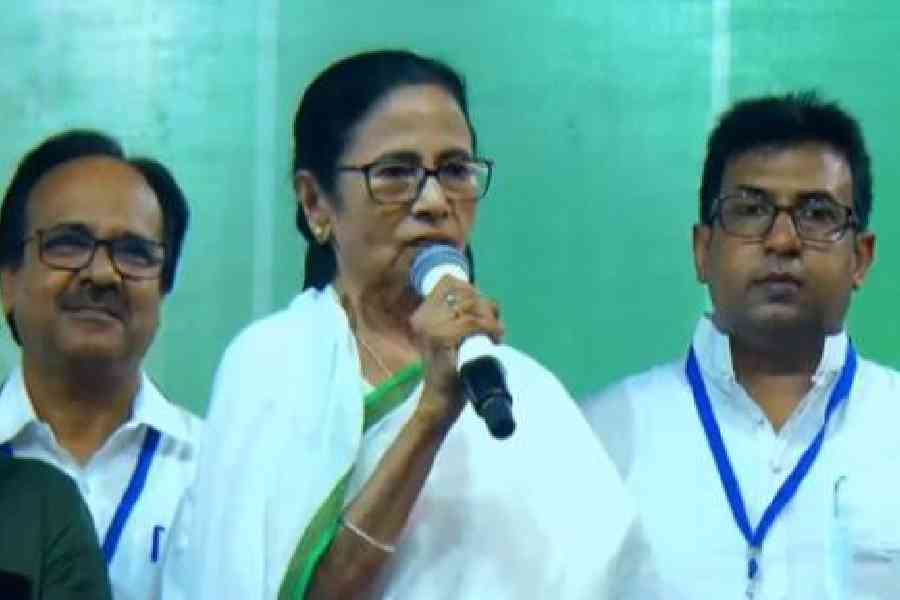The Supreme Court on Tuesday dismissed a petition requesting the formation of a Special Investigation Team (SIT) to probe recent communal violence in West Bengal's Murshidabad district, which occurred during protests against the Waqf (Amendment) Act.
A bench comprising Justice Surya Kant and Justice NK Singh took a firm stance against the petitioner for approaching the apex court directly, bypassing the Calcutta High Court, reported Bar and Bench.
“Why don't you go to the high court - a Constitutional Court having powers better than the Supreme Court under Article 32? ... Filing direct writ petitions to the Supreme Court amounts to demeaning the high court. If it was a matter which involved 7-8 States, then we can understand but (this is not one such case)," the Court remarked.
The top court reiterated its concern over the increasing tendency of litigants to bypass lower courts and file writ petitions before the Supreme Court.
“This trend of filing direct writ petitions in the Supreme Court will be dealt with seriously,” Justice Kant warned.
Although the petition was dismissed, the Court granted the petitioner the liberty to seek appropriate relief before the Calcutta high court.
In a previous instance related to the same incident, the Court had cautioned advocate Shashank Shekhar Jha about the language used in his pleadings, advising him to exercise greater care and responsibility.
"The Supreme Court is a court of record. Posterity will see ... You have to be careful when filing pleadings or passing an order. Are these averments required to be there? We respect every member of the bar. But with a sense of responsibility," the Bench stated then. Jha had subsequently withdrawn his petition.











